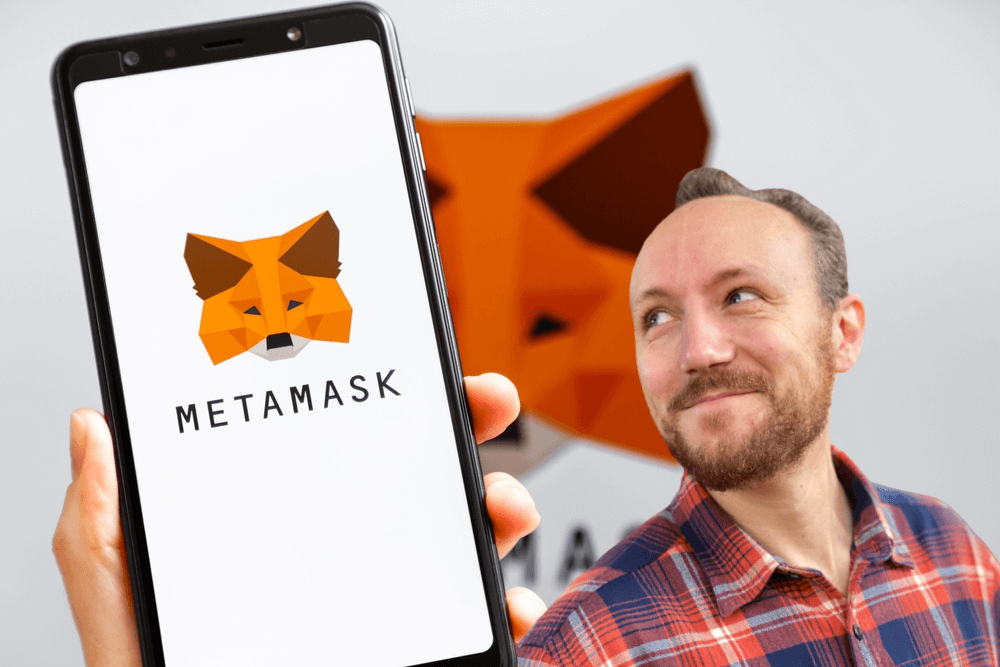

Last week Coin Rivet spoke to MetaMask lead developer Dan Finlay about the state of security in the crypto space, and the conversation quickly drifted to the hot-topic of privacy in Web 3.0.
Our current incarnation of the internet – Web 2.0 – has opened the door to an unimaginable world of mass data harvesting and algorithmic manipulation.
This has primarily been driven by centralised monoliths such as Facebook and Alphabet, seeking juicier ways to squeeze profits out of their user base.
With the likes of Edward Snowden shining a spotlight on our internet privacy, privacy has become an unavoidable and important discussion for the future of Web 3.0 as an industry.
MetaMask lead developer Dan Finlay explained what it would take to spark a genuine cultural shift in the way data is controlled.
“I think consent-based computing is ultimately what people need to own computers they can trust,” said Finlay.
“I think we can start in the right direction by establishing a foundation of non-disclosure, and letting users opt into the information they share.”
Privacy and principles of consent-based computing have already played a big role in the development of MetaMask according to Finlay – especially as MetaMask emerges as the Web 3.0 wallet of choice.
“Early on, web3 wallets like MetaMask would reveal your account to every site you visit, but we did the work to refactor our core to ensure that user accounts are now only revealed upon user consent,” added Finlay.
“There are still privacy concerns out there, and we’ll continue addressing the ones that have the highest impact on our users, with a long term goal of letting users never risk leaking identifying information without agreeing to.”
With privacy such a big concern and focus for the future of the industry, it seems strange that there aren’t more pervasive privacy focused products in the market – it’s here that MetaMask could potentially pioneer a solution to the wallet privacy problem.
“Some privacy chains and contracts are available now, but they’re far from the norm,” explained Finlay.
“If we release a token, it will be once we have both a use case that we think is extremely meaningful, and a distribution scheme that we believe in.”
Dan also made it clear that the way in which it might be introduced would be unique to MetaMask as a wallet system, and eluded to the fact this could actually present a very interesting opportunity for the token’s utility.
“Since we’re a wallet and not a DeFi protocol, integrating a token into our functionality is considerably different than incorporating one into a system that already lives entirely on chain,” added Finlay.
“We’ve worked hard to keep our users as anonymous as possible, after all, so there is no perfect metric for identifying MetaMask users.
“You could think of privacy as an airdrop. Privacy is an asset that lets you keep all your others.”
Read More: Dan Finlay explains how to protect your crypto
Denver, Colorado, 24th February 2025, Chainwire
Denver, Colorado, 20th February 2025, Chainwire
Washington, D.C., 18th February 2025, Chainwire
Dubai, UAE, 27th January 2025, Chainwire
Those who enter the market at this time may be surprised to hear that Bitcoin…
George Town, Grand Cayman, 22nd November 2024, Chainwire